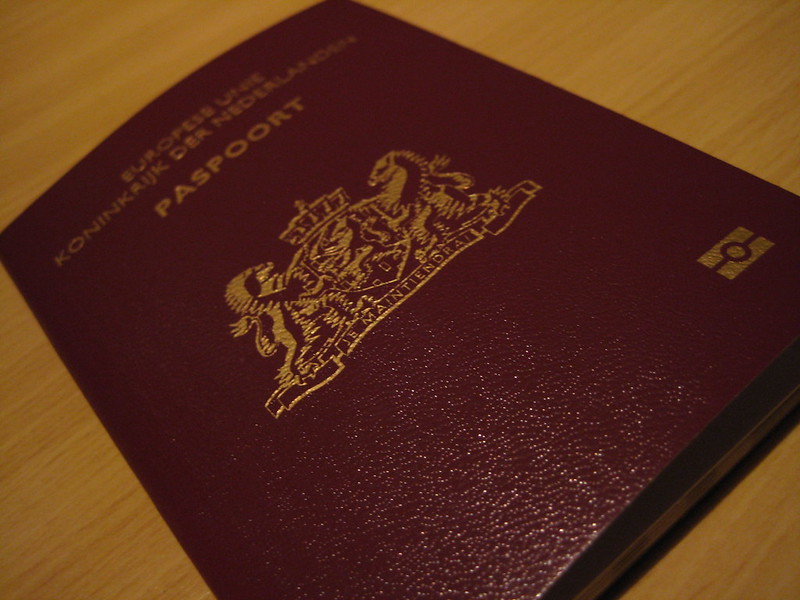Citizenship by investment (CBI), colloquially known as a “golden passport,” allows criminals to hide their money in the country of their choice, while simultaneously shielding them from extradition and prosecution, a Financial Action Task Force (FATF) report found.

Such programs attract wealthy applicants from all backgrounds, including those seeking to launder their ill-gotten gains somewhere beyond the jurisdiction of the country they stole it from. And if the two countries in question are not on good diplomatic terms, it can be well nigh impossible for the assets to be recovered or for the perpetrator to ever see justice.
”Criminal exploitation of citizenship and residency programs is a multi-billion-dollar business to launder the proceeds of fraud and corruption, evade justice, or access third countries,” said Mathias Cormann, Secretary-General for the Organization for Economic Co-operation and Development (OECD).
The practice has grown substantially over the past decade. It is so widespread today that the European Commission recently called for an overhaul of the regulations that govern the issuance of golden passports from its member states, which grants the passport holders visa-free access across the entire EU.
More than 88,000 nationals belonging to Caribbean states, for instance, have received EU citizenship through various CBI programs. The commission stressed that the high issuance figures, combined with low rejection rates in the range of three to six percent, raises questions of “the thoroughness of the security screening” process.
“Granting citizenship and residency to wealthy investors through ‘golden’ passport and visa programs can potentially lead to economic growth. But they can and are being exploited by criminals and the corrupt, who want to launder their money, hide their identity and assets, or carry out further crimes,” FATF President T. Raja Kumar said.
The report also highlighted that CBI programs can facilitate financial crime. By giving wealthy criminals greater mobility in funneling stolen money through bank accounts and shell companies across multiple countries, it becomes a nightmare for law enforcement to follow the money trail and see who ultimately collects the dirty funds and from where.
It’s not only career criminals that are responsible either; a country with opaque anti-money laundering laws can permit intermediaries to act as enablers in otherwise legitimate fields, be it real estate, art, jewelry, or cryptocurrencies.
“Criminal, negligent, or complicit property agents, wealth managers, immigration agents, marketing agents and concierge firms can assist in the abuse of these programs,” the report said. “They often do this by failing to carry out their due diligence and financial crime reporting functions properly or by creating fraudulent/misleading evidence for clients to present in their applications to a competent authority.”
Illicit actors can even exploit CBI programs for golden passports as an escape plan for their crimes. Once within the borders of their new country, they are protected by its extradition laws, which may not have agreements in place with the state they have stolen from.
The same goes for recovering any money, commodities, or assets taken before the arrest warrants went out.
For these reasons and others, members of the European Parliament proposed last year to end the practice of issuing golden passports for its member states.
While some countries around the world require significant investment contributions, such as the United State’s US$1 million benchmark, others like Malta have set their rates as low as 150,000 euros ($163,500).
“Citizenship is a right, not a commodity to be bought and sold,” said Sophia In ‘t Veld, a former MEP from the Netherlands. “Member states’ governments sell what is not theirs to sell, exploiting the reputation of the EU for profit. Their cynical business is putting our common security in danger.”